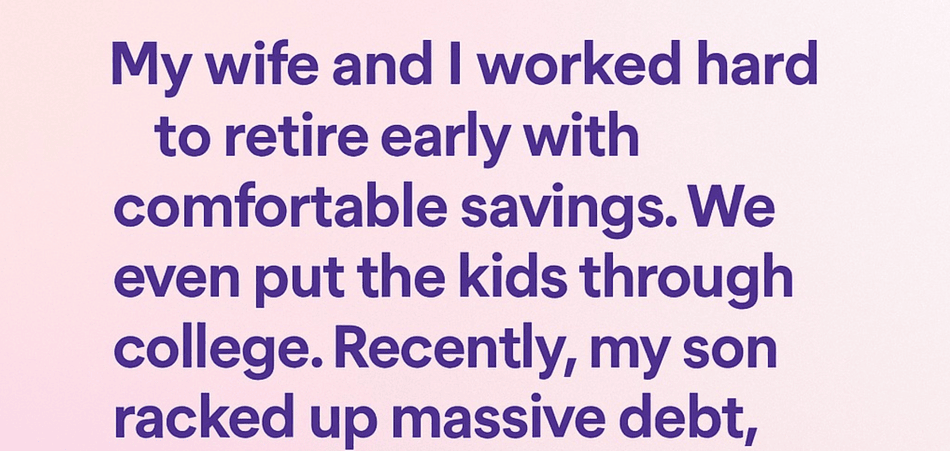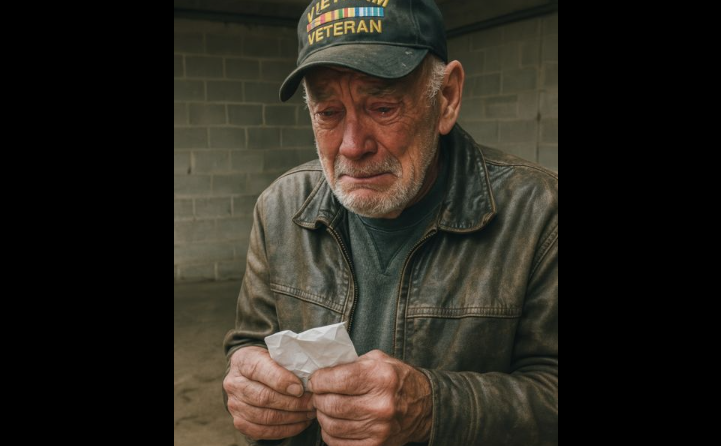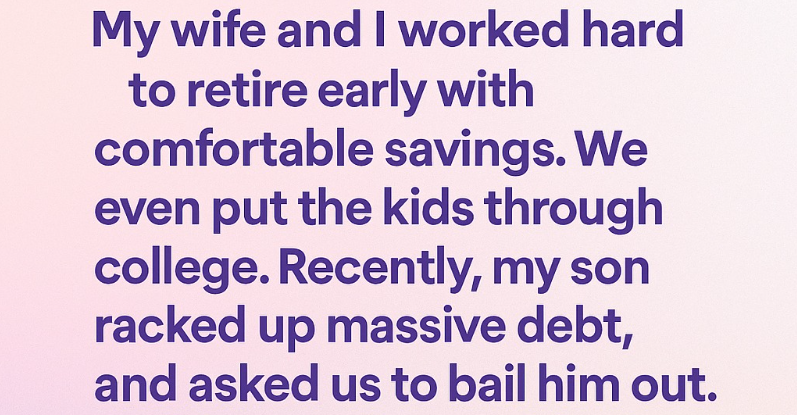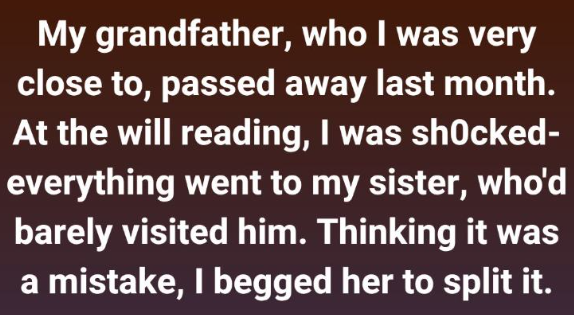My wife and I dedicated years to building a secure future, saving diligently for an early retirement. We embraced a simple lifestyle, ensured our two children graduated college debt-free, and believed we had equipped them with the skills for financial stability. Not long ago, however, our son approached us with a heavy admission: his reckless spending and poor financial decisions had spiraled into overwhelming debt. He pleaded for us to cover his losses. When I calmly declined, he flashed a defiant smirk and said, “You’ll wish you hadn’t done this.” That night, sleep eluded me, though I reassured myself that agreeing to his request would only deepen his reliance on us.
The following morning, my daughter-in-law reached out, her voice trembling with distress. She described a flood of unopened bills, relentless calls from creditors, and my son’s frustration following our refusal. When we visited, her tears revealed not resentment toward our decision, but a sense of being engulfed by the chaos he had caused. My wife and I understood then that money wouldn’t resolve their troubles. We had offered smaller forms of help in the past, yet he repeatedly slipped back into the same habits. It became evident that establishing firm boundaries and encouraging accountability was the only path forward.
Initially, our son rejected every piece of advice. He labeled us as uncaring, walked out mid-conversation, and behaved as if we had turned our backs on him. Gradually, though, reality left him no alternative. With his wife’s support and our unwavering commitment to tough love, he enrolled in financial counseling, picked up additional work, and began chipping away at his debt. The journey was far from smooth—arguments, obstacles, and moments of tension tested everyone’s patience—but little by little, his mindset shifted.
Months later, my son approached me, his expression softened by humility. Instead of requesting funds, he offered gratitude. “I resented you for refusing to help,” he confessed, “but I see now it was the right call.” In that exchange, I recognized the deepest challenge of parenting: it’s not about giving endlessly, but knowing when to hold back. Love doesn’t always involve stepping in to save someone; sometimes, it means standing resolute so they can find their own strength. Though he once warned I’d regret my choice, I now understand that agreeing to his plea would have been the true regret.




